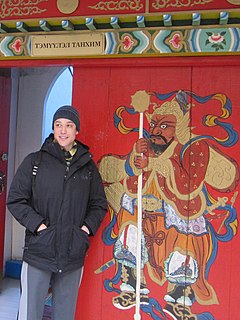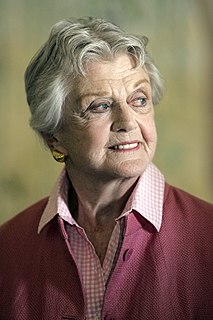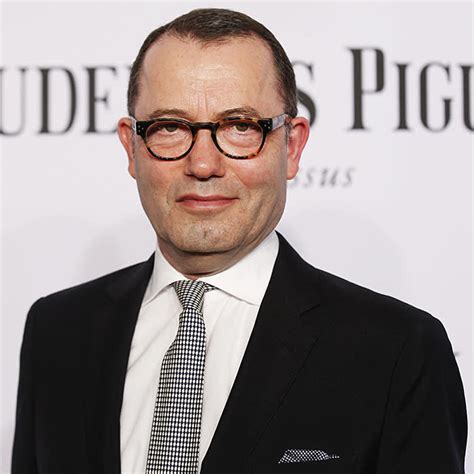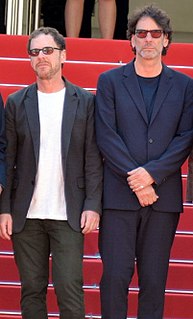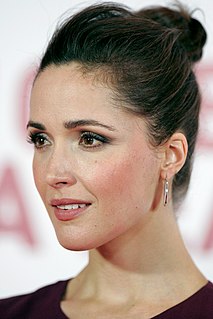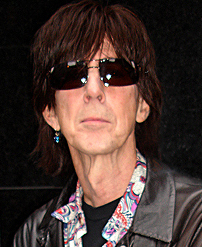A Quote by Bryan Fuller
What I enjoy about my work is that it's all things that I wanted to see as an audience member so there's part of me that understands what an audience wants to see in that respect.
Related Quotes
I don't understand choreographers who say they don't care about the audience or that they would be happy to present their works non-publicly. I think dance is a form of communication and the goal is to dialogue with the audience. If an audience member tells me they cried or that the dance moved them to think about their own journey or a family member's, then the work is successful.
I enjoy journalism; anybody does. You see the results immediately; you've got an immediate audience instead of having to wait for your audience as you do if you're writing a book, and you get a bit of money coming in, and you can see more clearly how you're paying the bills. But it's not a good position for the serious novelist to be in.


